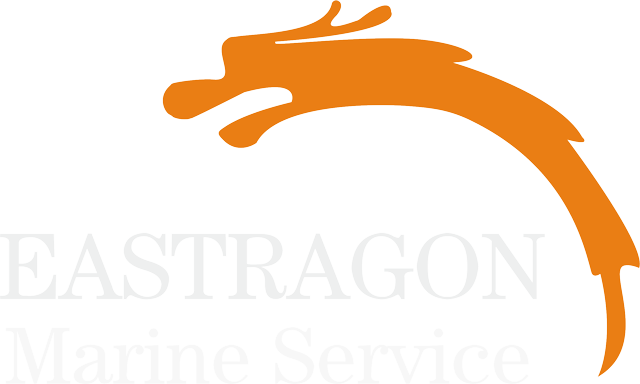E.U. Ministers of Transportation sent a strong signal of continued support for the European maritime sector at a meeting of the Council of Ministers this week and adopted their priorities for the maritime transportation policy until 2020.
The Ministers expressed clear support for the IMO as the central international body for regulating shipping and welcomed the concrete roadmap of the IMO, which will sets out steps for an emissions reduction strategy for shipping in spring 2018.
The priorities adopted provide a clear focus on competitiveness and digitization. They include recognition that that well-connected and modern ports and efficient short sea shipping play a key role in attracting new industries and logistics activities.
The Ministers also call for the fair treatment of seafarers by effectively application of the Maritime Labour Convention. A key enabler for improving seafarer conditions would include facilitating the wide availability of Internet access on board. The ministers would also like to encourage women in the maritime sector.
“With the current E.U. strategy for maritime transport policy 2009-2018 coming to an end in less than two years’ time, we are pleased that the Council is identifying what to prioritize next,” said European Community Shipowners’ Associations (ECSA) Secretary General Patrick Verhoeven. “The conclusions adopted today set out the right priorities and challenges: competitiveness, simplification and digitization, decarbonization and the reduction of air emissions.”
ECSA believes that these priorities must be developed beyond 2020 and calls for an ambitious shipping strategy for the period 2019-2028. For E.U. shipping to flourish, it needs a stable, forward looking policy and regulatory framework with a global orientation, says Verhoeven. “European shipping is a strong global player. This should be cherished, and the E.U.’s competitive position should be further enhanced.”
European shipowners engage themselves to work with the E.U. institutions and stakeholders to achieve the following:
- Effective implementation of the maritime state-aid guidelines to allow for new growth opportunities of the maritime cluster and more competitiveness.
- Ambitious trade deals to keep global markets open.
- Simplification and rationalization of administrative formalities and the establishment of a true single market for shipping.
- The establishment of global CO2 reduction objectives and measures through the IMO.
- The promotion of maritime careers in the EU.
